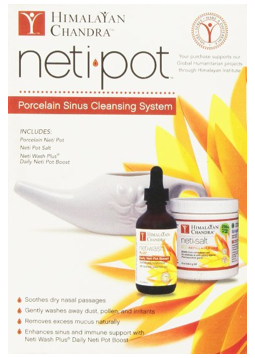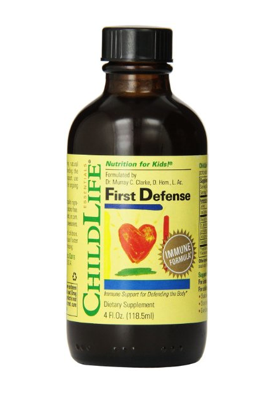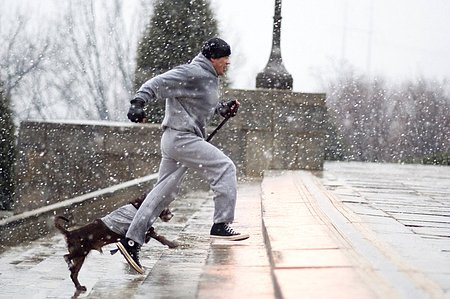Now that the new year is upon us, droves of people will start exercising. The holiday season is a time when people typically exercise less and eat more, so they double-down on training come January. Pair that with cold winter temperatures and plenty of germs crawling around and you’ve got the perfect environment to get sick – or do you?
Some types of exercise can positively or negatively affect your likelihood of getting sick. Stress, exercise and illness can all affect the immune system so it’s important to have each in check.
It appears that weight training has little effect on the immune system, either positive or negative; however, aerobic training is a different story. Since people typically crank up their aerobic training to burn fat in the new year, I’ll outline 3 things you should know about training and illness.
1. Don’t drastically increase your training volume – It’s tempting to go from being sedentary in late December to running for an hour each day at the beginning of January in order to burn off holiday fat. But this can suppress your immune system.
After a long endurance event, there are negative changes in your immune function because stress hormones, epinephrine and cortisol are elevated. This increases your risk for an upper respiratory tract infection. (Keep in mind, 60 minutes of running is a long event if you’ve been sedentary.) However, moderate levels of aerobic exercise can increase your immunity.
Bottom line: Limit your aerobic training to 20-30 minutes for 3-4 days per week and slowly increase from there.
2. Exercising in cold temps won’t make you sick – We’ve all heard that exercising in cold temperatures can make you more prone to getting sick. Problem is: it’s not true.
Ever notice that when you run in cold temperatures your nose also starts to run? I don’t know if this is one of the reasons why people equate cold temperatures with getting ill, but that nasal drip is actually working in your favor. Immunoglobulin A (IgA) is found in mucosa and it protects against foreign pathogens, viruses and bacteria, among other things.
When your nose starts running while exercising in cold temperatures it increases the production of IgA which might help your immune system. (Who knew that Rocky’s predilection for training in the snow was good for his health?)
Bottom line: Training in the cold won’t make you more prone to illness unless you do something really dumb, like run with your shirt off through the sewer.
3. Train through a cold – Ok, so you’re feeling a little stuffy in the head. Should you train through it, or will a 20-minute run push that head cold down into your lungs and lead to pneumonia? The good news for the non-slackers out there is that it’s fine to train when you have a head cold. It won’t negatively affect your recovery.
However, any problems below your neck (chest cold, cough, etc.) is probably best left to rest. And exercise while having a fever is a big no-no, unless you welcome the idea of getting sicker so you can skip a few more days of work.
Bottom line: You can exercise with a head cold, and it might even help boost your immune system.
What else can you do?
Now, let’s get to some things you can do to avoid getting sick in the first place. We all know the things you should already do: eat healthy foods, get enough sleep and avoid licking the buttons on your local ATM machine.
What you might not be doing is using a neti pot once a day. I think it’s one of the best ways stay healthy, beyond the obvious stuff I mentioned. You’ll fill it with warm, sterile water, add a 1/4 teaspoon of salt and run half the pot through the right nostril and the other half through the left nostril.
That water running through your nostrils might seem weird at first, but I’ll bet you’ll like it right away. You’ll breathe and sleep better, and you’ll flush out the nasty things that can reside in your nose and crawl into your throat. I recommend the version below, found on Amazon (click the image and you’ll go to the Amazon page).

Finally, if you feel like you’re coming down with something, the best immune booster I’ve found is First Defense by Child Life. Don’t let the name fool you, it works awesome for adults as well (adults just need to take a larger dose).
I recommend one tablespoon as soon as you feel like you might be getting sick, and another tablespoon 6-8 hours later. Again, just click the image below and you’ll be taken to the Amazon page.

Stay focused and healthy in the new year,
CW


